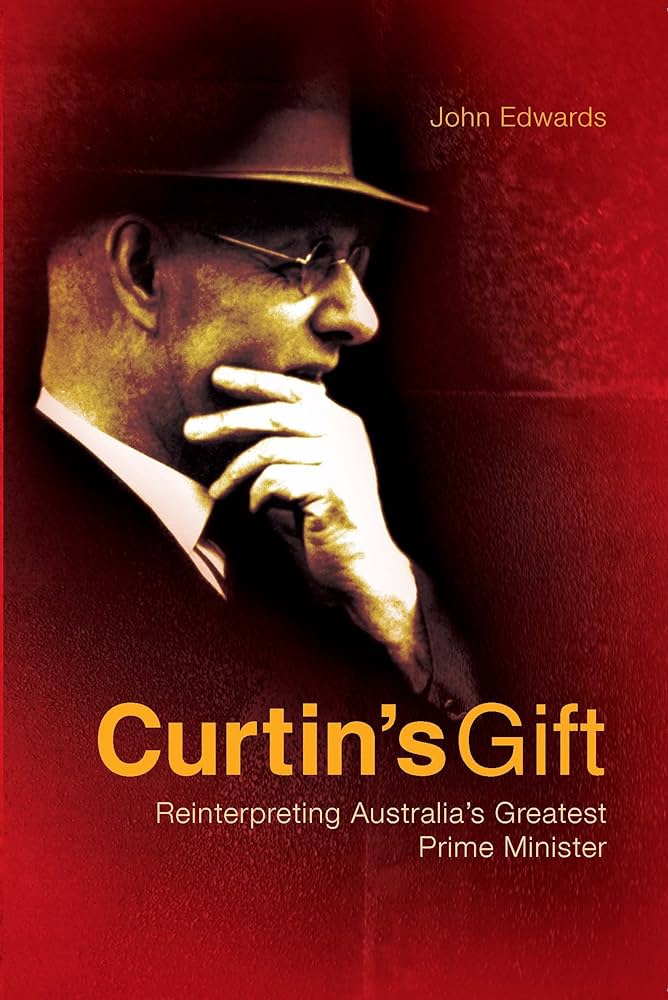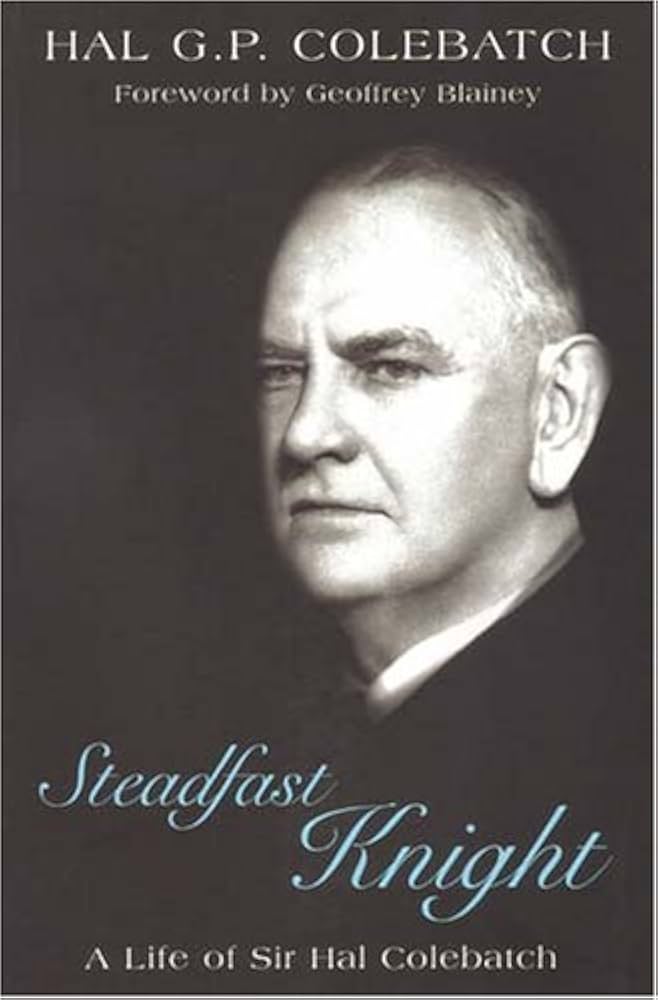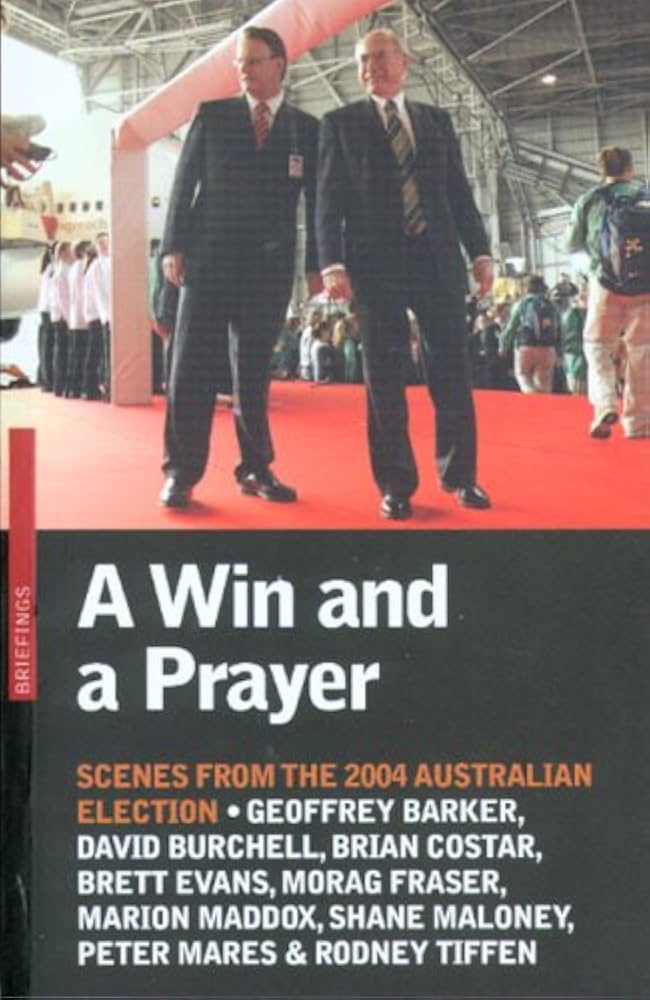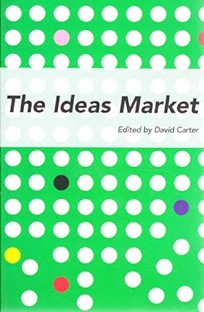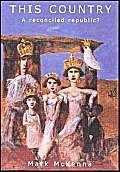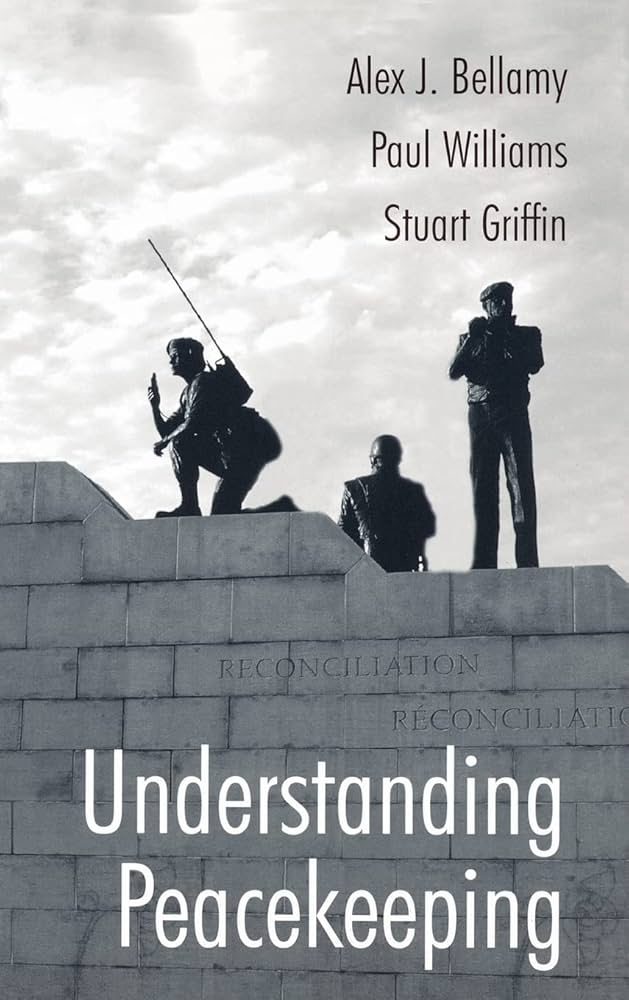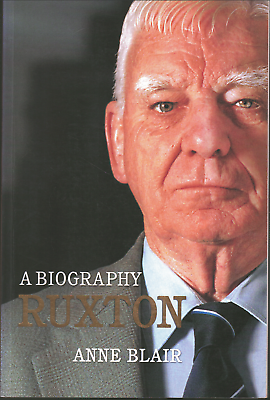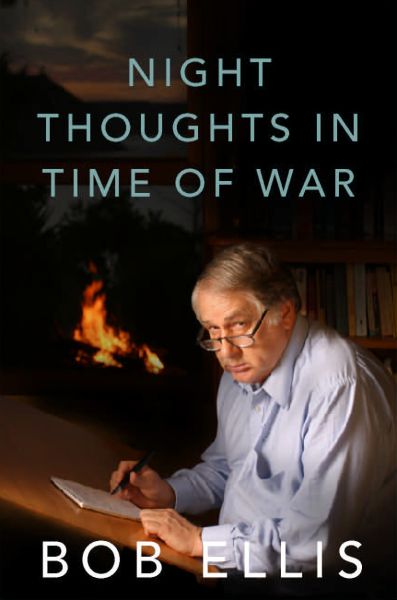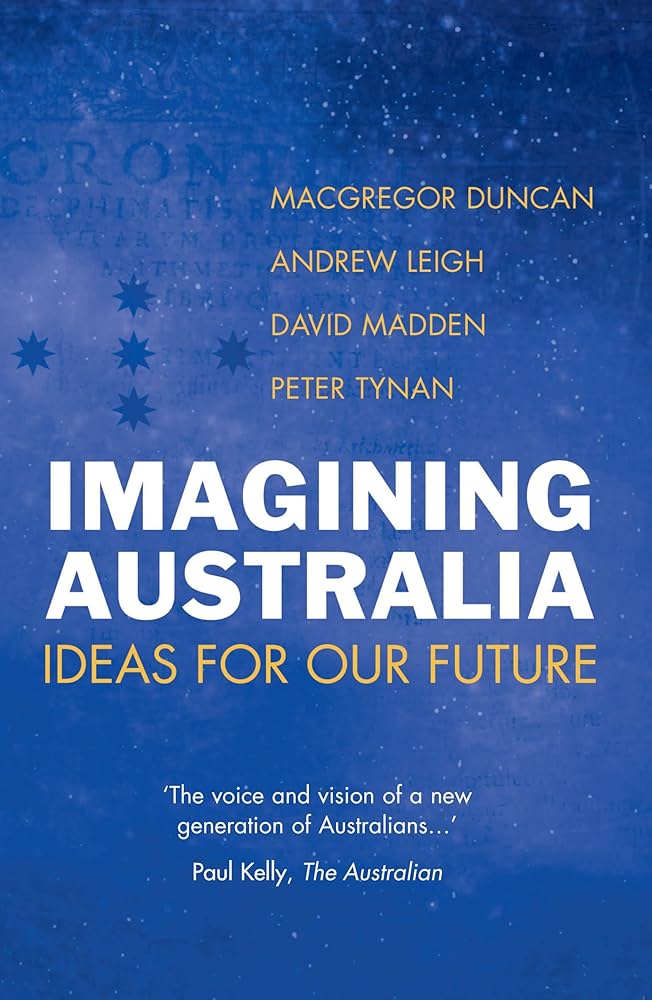Australian Politics
Curtain's Gift: Reinterpreting Australia's greatest prime minister by John Edwards
John Curtin was recently voted Australia’s best prime minister by a panel of nine scholars of political leadership (The Age, 18 December 2004). He narrowly won over Robert Menzies (by one vote), but easily beat the likes of Bob Hawke, Ben Chifley and John Howard – in that order. Given that Curtin was prime minister for less than four years, while Menzies ruled for eighteen years, and given that most of Curtin’s policies were tough austerity measures of wartime preparation, his enduring reputation as Australia’s best prime minister is surely remarkable. Then along comes economist and former Keating adviser John Edwards, who says that Curtin’s deification has been pronounced for all the wrong reasons.
... (read more)Steadfast Knight: A life of Sir Hal Colebatch by Hal G. P. Colebatch
‘If goods cannot cross frontiers, armies will.’ This prescient remark was made by the Western Australian politician Sir Hal Colebatch, well before the German and Japanese armies started their march in 1936. In a federation not lacking in strong state politicians – Thomas Playford, Henry Bolte, Don Dunstan, Joh Bjelke-Petersen, Charles Court and Jeff Kennett come to mind for the twentieth century – Colebatch (1872–1953) stands out by virtue of his interests and priorities. He is a reminder (and the eastern states often need reminding) that Western Australia has been from the start, and remains to some degree, another country.
... (read more)A Win and A Prayer edited by Peter Browne and Julian Thomas & Run Johnny, Run by Mungo MacCallum
On 9 October 2004, 13,098,461 electors were enrolled to vote for the federal parliament. The Australian Electoral Commission’s website records 11,715,132 electors having voted for the House of Representatives on a two-party preferred result. So much for voting in a federal election having been compulsory since 1911. And not a few will have left the polling booth wondering, ‘Why bother?’
... (read more)Mark Latham by Barry Donovan & Quarterly Essay by Margaret Simons
It is sobering to read these two optimistic works about a man of promise, written in mid-2004, in the light of their subject’s defeat in October 2004. Neither author was convinced that Latham could win. Barry Donovan has too much experience of the vagaries of the electorate to be anything but cautious, though he concludes with the hope that ‘the Lodge may yet have a prime minister’s young kids bouncing around in it before Christmas’. Through Margaret Simons’s essay runs an undercurrent of doubt about such a possibility, and she identifies Latham’s Achilles heel: ‘For decades, voters have been told that the main job of politicians is to manage the economy ... [and] I doubt if Latham will be able to convince them that it is now acceptable to vote on the basis of social issues, and the concrete things that directly affect their lives.’
... (read more)The Ideas Market: An alternate take on Australia's intellectual life edited by David Carter
‘Some of the ideas for this book were first tried out,’ writes its editor, David Carter, during the 2001 conference of the European Association for Studies of Australia at Lecce, in southern Italy. Displaying interest in Australia as a way to get one’s fare paid to leave the country is not the only reason why this bain-marie of a book has not found a reason to exist.
... (read more)Vote ‘No’, some republicans said at the 1999 republican referendum, and then we will work towards a republic that is a better one than the one being put forward. When the referendum failed, many of those republicans disappeared, and the movement lost momentum. Others who campaigned hard for a Yes vote have continued to push the republican agenda along. A similar group of tenacious Australians is undeterred by the federal government’s sidelining of the reconciliation process. Since joining Australians for Native Title and Reconciliation or their local reconciliation groups, they have maintained the commitment to social justice for indigenous people that they demonstrated when they walked across the bridge or signed the ‘Sorry books’.
... (read more)Understanding Peacekeeping by Alex J. Bellamy, Paul Williams and Stuart Griffin & Other People's Wars by Peter Londey
The end of the Cold War in 1991 sparked a great debate about the fate of the international order and, in particular, of the so-called Westphalian system in which nation-states were the main actors. Since the end of the bloody Wars of Religion in 1648, there has been, in short, a sort of understanding that the international system should concern itself with wars between states, not wars within states. The problem is, however, that many conflicts today belong in the second category. In its endeavours to keep the peace, the international community has to adjust to this reality. The question is how.
... (read more)For more than twenty years, Bruce Ruxton was Victorian president of the RSL, and one of the best-known names in Australia. ‘Best-known’ does not necessarily mean ‘best-loved’; few public figures cut so clear a chasm between supporters and detractors. Knowing Ruxton well over many years, let me declare that on the day I meet another man who equals him for kindness of heart and dedication to the welfare of others, I’ll take my hat off to the second man, too.
... (read more)What the hell is Bob Ellis? Discuss. Ellis might put it like this himself. Chances are he’s asked the question of a street window once or twice in wonderment and mock self-mockery. He’s earned it. From the back-cover blurbs down the years, one has got, by way of label, ‘l’enfant terrible of Australian culture’ (The Inessential Ellis, 1992), ‘a kind of dusty national icon’ (Goodbye Babylon, 2002) and now, in a disappointing regression to understatement, ‘a political backroomer’. We can assume, I think, that these are self-descriptions. Another, from the text of Goodbye Babylon, puts it this way:
... (read more)Imagining Australia by Macgregor Duncan et al. & Restructuring Australia edited by Wayne Hudson and A.J Brown
Though reviewing books is a humble enough task, it frequently leads to elevated thinking. As I read these books, it occurred to me that, perhaps, unwittingly, they pointed to the ambiguous legacies of the Enlightenment. One of those legacies is found in the conventional political distinction drawn between ‘left’ and ‘right’; the other concerns the role of the expert.
... (read more)

